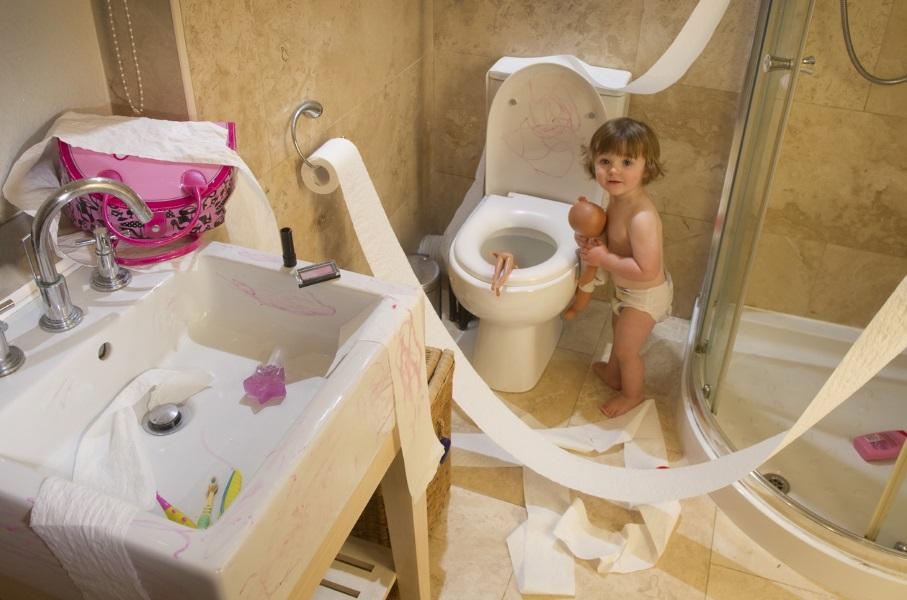Table of Content
You will need plenty of evidence such as pictures and repair estimates, as often a seller will actually be unaware of the defect in question. Another important aspect is finding a home inspector that goes beyond the minimum in terms of qualifications and training. At a minimum, a home inspector in North Carolina needs to be licensed and they must complete a board-approved 120 hours of coursework and 80 hours of field training. A good practice is to also look for an inspector who is part of a recognized inspection association. Two prominent associations you might see are American Society of Home Inspectors and International Association of Certified Home Inspectors .
For example, removing an electrical panel is essential to determine the electrical status of the house. Often, in a home inspection, we find things that need to be moved to inspect areas of the house. A home inspector is not required to move things during a home inspection. They can’t pass or fail a home, determine a home’s value, or even access certain parts of the property, such as a steep roof or solar power system. Outside of a home inspector running water through the septic system and reporting any visible back-ups, it’s best to consult a qualified professional who can evaluate the septic tank’s condition.
Why home inspectors shouldn’t perform home repairs for clients
If mold or mildew is present within your home, removing it should also be completed by a professional to ensure that it is thoroughly eliminated. While it may be tempting to try and clean yourself, without the proper tools and knowledge, you could risk having the mold reemerge in the future. Residential mold cleanup services should be called in at the first sign of mold or mildew within your home. It’s important to note that a home inspector will not advise potential buyers on whether or not they should buy a house.

That way, you won’t spend all day moving stuff into your new house only to find out it has nothing to do with where it goes. Avoid injury by moving larger objects like refrigerators on wheels and mattresses on their sides. Although wood is a long-lasting material, it can still rot if not properly maintained—and that means it needs to be replaced before it turns into a hazard or begins to fall apart. There’s no guarantee how much time you have left on your deck; inspect yours today so you can identify problems now before they develop into major ones. A home inspector may advise you that a system or component is nearing the end of its useful life.
Well and septic system
That coincides with the language we use in our offer, and the buyer can only complain back to the seller about defects found. If there is something wrong with the building to the point that it’s unsafe to be inside, the inspection will not continue until that major issue is fixed. Rest assured that this is very rare, and any licensed professional home inspector would not do this — inspectors are trained to identify potential problems without damaging a building. The role of the inspector is to give an unbiased opinion on the state of the building they are inspecting. If your home inspector offers to fix issues in your home during the inspection, that is a big red flag; this is not a service that licensed inspectors offer. It’s important to keep in mind that there are limitations on what inspectors are allowed to do during an inspection.

Where snow is concerned, the best practice is to inspect the underside roof sheathing in the attic. This method can go a long way in determining if there is evidence of damage to the roof coverings or active roof leaks caused by snow accumulation. It is common to find organic debris on roofs when trees overhang the roof. Home inspectors are not required to move organic debris such as straw and leaves but are required to document the presence of the material. Most home inspectors will move small area rugs especially in bathrooms or at exterior doors as they could hide damage to the floor. It’s important to remember though that they are not required to do so.
Why home inspectors shouldn’t speculate on home building codes
If they want to stay on good terms with clients, they’ll likely stay away from making comments about properties’ market value when inspecting them. Hazardous materials like asbestos, lead, radon and even mold can be dangerous and expensive to remove. The best way for them to protect themselves from liability is to refrain from making any comments about the extent of the damage. Not every state uses seller’s disclosures, and some only ask sellers to disclose certain pieces of information, such as the presence of former mining operations in Virginia.

While a home inspector is not going to break the law by referring you to electrical or plumbing services, a home inspector could lose their license if they perform any home repairs while on the job. Home inspectors provide a detailed report regarding the condition of a property. While this service helps buyers and sellers complete a transaction, there are certain things that home inspectors are not allowed to do.
A home inspector’s job is to point out areas that need attention or repair. However, they cannot make these repairs while inspecting the property. Home inspections should be performed only by a licensed professional affiliated with a home inspection company.
It is also helpful when they belong to organizations like the National Association of Certified Home Inspectors or the International Association of Certified Home Inspectors . They are required by law to maintain their certification if they intend on providing services related to health inspections during their career. Experienced professionals can develop a custom rodent removal plan specific to your needs.
A home inspector doesn’t have a financial interest in recommending one contractor over another. A home inspector can tell you if a system or component needs repair but can’t provide an estimated cost. The home inspection report will reflect any areas that need to be repaired. Home inspectors are not allowed to determine property boundary lines as this is outside the scope of the standard home inspection. If a home inspector is also a trained land surveyor, the home inspector can provide this service as an ancillary service separate from the standard home inspection. Just like home inspectors are not allowed to make assumptions about whether your property meets local building codes, they also can’t speculate on the insurability of your home.

Trying to do so yourself can result in injury to you or damage to your home. If you notice leaking, slow draining, or clogging, speak with a professional plumber as soon as possible. Additionally, refrain from flushing or disposing of things that could put your plumbing at risk.
For example, a home inspector should not be saying there are mice in the basement unless they have actually seen one. In these cases, they will have to rely on inspecting the roof from the ground or with binoculars for a closer look. If you're unsure about where your property begins and ends, you'll need to hire a surveyor.
They provide buyers with information about the property's condition and can help identify any potential issues that may need to be addressed before the sale. The only insight a home inspector can provide about property boundaries is how a potential buyer can access that information on their own. Home inspectors typically can’t enter houses with obvious safety hazards. The seller should take care of these issues before listing the home, or at least before allowing buyers to use the services of a home inspector.
There is a tour or orientation, but by no means is this an inspection nor should it replace a physical evaluation of home systems. On the contrary, there are some home builders who build, well, let's just say these houses aren't perfect. In my opinion, it's really not in the best interest of a homebuyer to trust any homebuilder when it comes to ensuring that the home you want to buy was built without significant problems.










